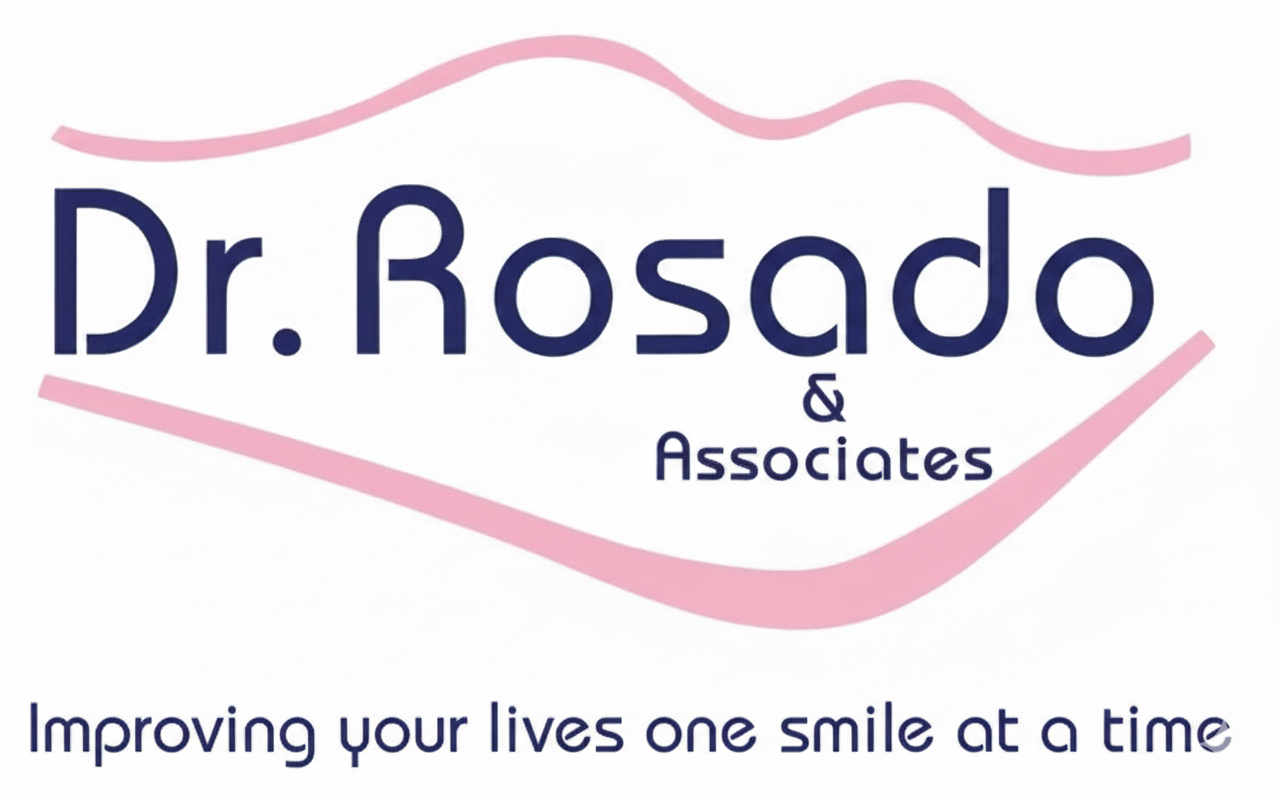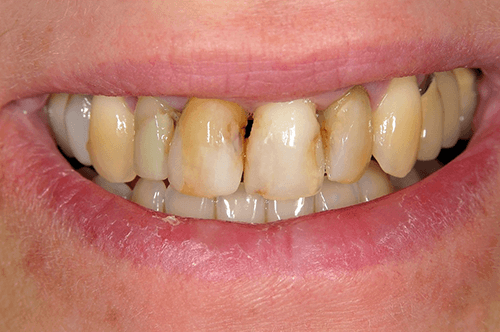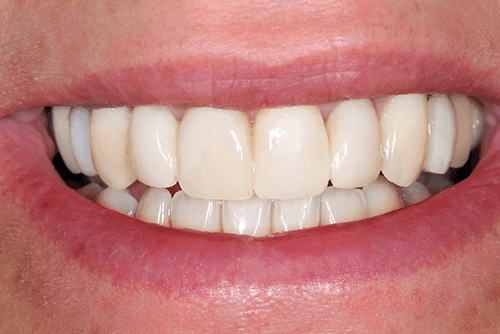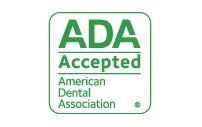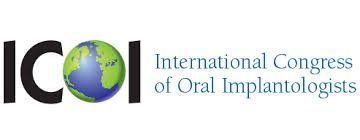Get a Free*
Exam & X-ray
Includes Full Mouth Exam, X-Rays & Consultation
Regular Price $359. *For new patients only.
Dr. Rosado & Associates provides fast, expert dental care!
Emergency Dentistry Page
Emergency Dentist in Miami, FL
Dr. Julio C. Rosado
Dr. Rosado understands dental emergencies can happen anytime and sometimes when you least expect it. Our Miami, Florida, clinic has been designed to respond quickly and efficiently to various dental emergencies. Our team is dedicated to providing comprehensive and immediate care for your urgent dental needs.
What is Emergency Dentistry?
Emergency dentistry is the term used to describe urgent dental care required when someone has a dental issue that requires immediate attention. This branch of dentistry is devoted to the diagnosis and treatment of conditions that threaten one’s health, functionality, and support structures of teeth or cause severe pain.
Emergency dentistry aims to not only manage pain but also treat infections, save teeth, and prevent complications that could lead to serious health problems. Accidents that cause injuries in the mouth can lead to emergency dental situations. Infections that spread quickly or sudden pain from dental problems are also possible.
Emergency Services
We offer emergency dental care to treat a variety of dental emergencies. We provide a variety of emergency dental services, including:
Damaged or Lost Dental Restorations
It is important to replace any damaged or lost dental restorations as soon as possible to avoid further discomfort or damage. Our team is able to provide you with temporary or permanent replacements that will restore your smile's function and appearance.
Treatment for Abscesses
Dental infections, such as abscesses, are painful and require immediate treatment to stop the spread of infection. Our team can drain an abscess, prescribe antibiotics to eradicate the infection and restore dental health.
Traumatic Dental Injuries
No matter if you have suffered an injury from sports or fallen, traumatizing dental injuries need immediate attention in order to avoid further damage to the teeth and surrounding structures. Our traumatic injury treatment is designed to achieve the best outcome.
Benefits of Emergency Dentistry
Rapid Relief of Pain
Emergency dentistry aims to reduce or eliminate severe pain quickly so you can feel comfortable again.
Prevention of Further Damage
Quickly addressing emergencies helps prevent worsening issues, such as infection or tooth loss.
Saves Natural Teeth
Timely intervention can often preserve your natural tooth instead of needing extraction later.
Lower Risk of Complications
Treating infections and trauma promptly helps avoid spread of infection or other serious health risks.
Peace of Mind
Knowing that there is help available when dental emergencies occur gives reassurance and reduces anxiety.
What to Expect During Emergency Dentistry Treatment
When you come in for emergency dental care, here’s generally what happens:
Initial Call & Triage
You’ll speak with our staff to assess your symptoms and determine urgency.
Arrival & Assessment
The dentist evaluates your teeth, gums, bite, and overall oral health.
Pain Management
If you’re in pain, we prioritize comfort via anesthesia, medication, or other immediate relief.
Diagnosis & Treatment Plan
Once we identify the issue (fracture, infection, injury), we discuss treatment options and what can be done immediately.
Emergency Treatment
Depending on the case, this may involve repair, extraction, root canal, cleanout of infection, temporary restoration, etc.
After-Care & Follow-Up
We’ll give instructions for home care, schedule any follow-ups, and monitor healing.
How Emergency Dentistry Works
Emergency dentistry works through a structured process:
Triage & Urgency Assessment
Determining whether the situation is life-or tooth-threatening or can wait.
Diagnostic Evaluation
Using exams, imaging (if needed), and medical history to pinpoint cause of pain or damage.
Intervention
Taking immediate measures (pain relief, infection control, repairing damage, etc.).
Temporary vs Permanent Fixes
Sometimes a temporary solution is all that’s possible in an emergency, followed by permanent restoration later.
Monitoring & Preventive Advice
Ensuring the issue is fully resolved and advising ways to prevent future emergencies.
Who Is a Candidate for Emergency Dentistry
You should consider emergency dentistry if you experience any of the following:
Severe or persistent tooth pain or sensitivity.
- Swelling, abscess, or signs of infection in the mouth.
- Broken, knocked-out, cracked, or chipped tooth.
- Loss of a crown, filling, or dental restoration.
- Trauma to mouth or gums.
- Bleeding or injury to soft tissues like tongue, cheeks, gums that won’t stop.
If you believe your issue is urgent (pain, risk of infection, trauma), you are a candidate to reach out immediately.
What our patients have to say...
Common Dental Emergencies
Dental emergencies range from mild discomfort and pain to severe pain and infection that could be life-threatening. Knowing what constitutes an emergency dental situation can help determine when to seek immediate treatment. Here are some of Dr. Rosado & Associates' most common dental emergency treatments:
Toothaches
A severe and persistent toothache can indicate an underlying issue, such as an abscess. If ignored, these symptoms can quickly worsen. While waiting for dental treatment, use dental floss and warm water to rinse out any food particles.
Broken, Cracked, or Chipped Teeth
It is important to act quickly to avoid the damage spreading and causing infection or pain. You should save any fragments of the tooth you find and then rinse your mouth with warm water.
Knocked-Out Teeth
Time is crucial if a tooth has been knocked out. Recover the tooth avoiding the root, rinse it gently without scrubbing, and then try to re-insert it. If this is not possible, you can keep the tooth moist in a container of saliva or milk. The sooner you visit a dentist, your chances of saving the tooth are better.
Loss of Fillings and Crowns
If a crown or filling falls out, the tooth is more susceptible to decay. You can use temporary filling material (available at any pharmacy) to temporarily fill the hole for a missing filling or coat the inside of a crown in temporary dental cement and place it over the tooth. Visit a dentist immediately to replace the restoration.
Abscesses
These infections occur at the tooth root or between the gums and teeth. Abscesses may cause severe pain, swelling of the face, fever, and pus draining from the affected area. The infection may spread to other areas of the body.
Soft-Tissue Injuries
Injuries of the tongue, gums, or the inside of the cheek may cause bleeding and discomfort. Use a saltwater rinse to rinse your mouth and a cold compress on the swelling. If bleeding continues, you should consult a dentist.
Contact Dr. Rosado & Associates for Emergency Dental Care
In the event of a dental emergency, it is important to act quickly to achieve the best outcome. Contact Dr. Rosado & Associates, located in Miami, FL., immediately to receive effective and prompt care. We are always ready to help you in an emergency. Please call us before you arrive to ensure we are prepared for your visit and can treat you as soon as possible. Bring any medical records you may have and a list of your medications to help expedite treatment. Do not hesitate to reach out as soon as possible.
Miami's most trusted Family, Cosmetic & Implant dentistry with a soft, gentle touch
Frequently Asked Questions
What Should I Do First if I Have a Dental Emergency?
Call the office immediately. If possible, take steps like rinsing, applying cold compresses, or preserving any broken tooth fragments.
Will Emergency Treatment Hurt?
We prioritize making you comfortable. Pain relief options—including anesthesia or medication—are part of how we care for emergencies.
Do I Need an X-Ray or Special Diagnostic Test?
Often yes. X-rays or imaging help us see the full picture, especially for internal damage or hidden infections.
How Much Will Emergency Dental Care Cost?
Costs depend on the nature and severity of the emergency. We will discuss options once the issue is diagnosed.
Can I Wait to See if It Gets Better on Its Own?
Delaying treatment can result in worsening pain, infection, and risk of tooth loss. If there are signs of infection or severe pain, it’s best to seek care promptly.


